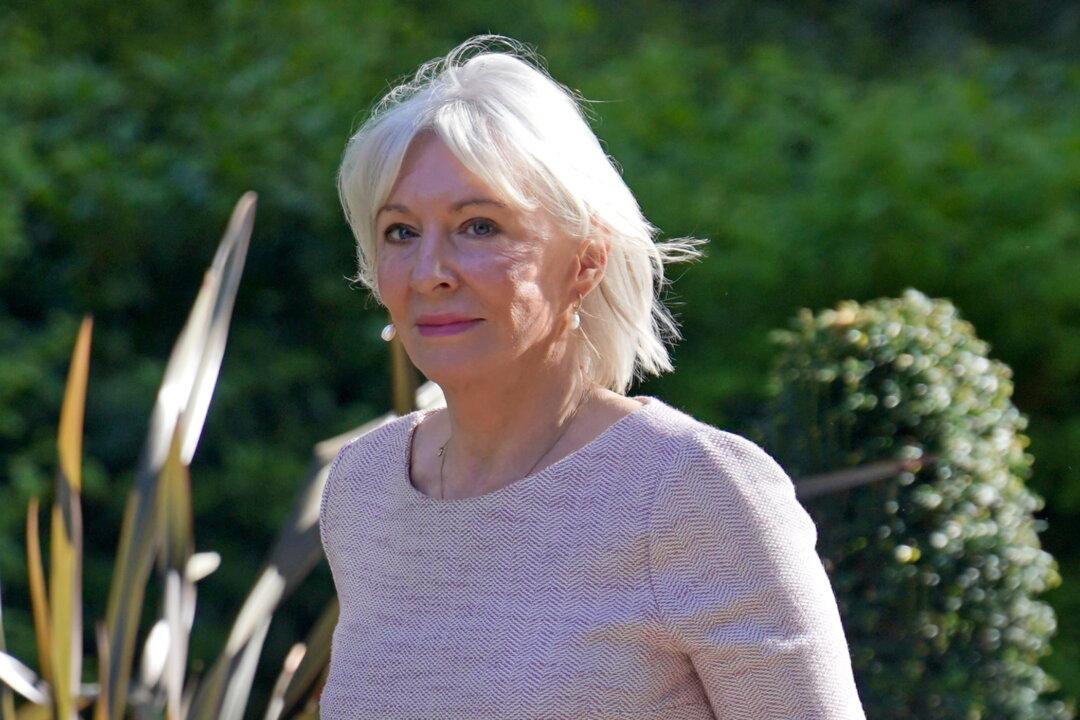The BBC’s funding model is “completely outdated” and the UK government is ready to implement a new way of funding the public service broadcaster, Culture Secretary Nadine Dorries has said.
The BBC is primarily funded by licence fees, which is paid by every UK household which owns a television set or consumes BBC content on other devices.





